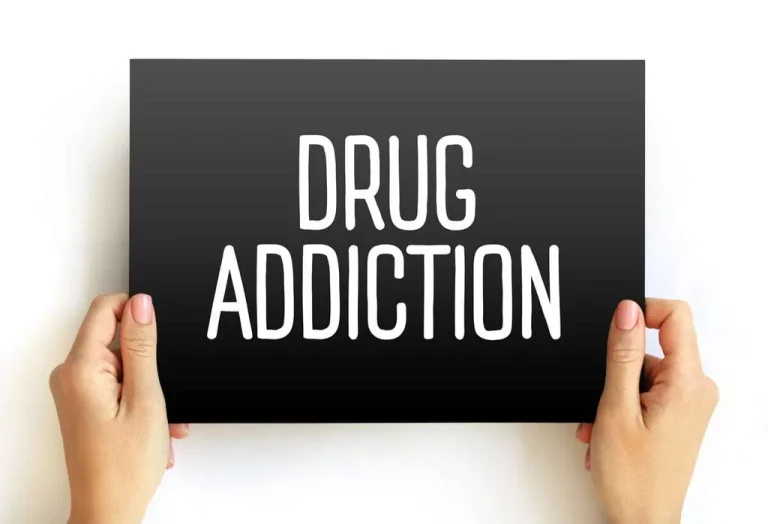Effects of Alcohol on Each Part of the Body

Alcohol modulates gene expression—that is, the generation of mRNAs and, ultimately, functional proteins from the DNA template—through changes in noncoding microRNA (miRNA) levels and epigenetic modifications. Such epigenetic changes can promote (red arrow) or inhibit (black arrow) the expression of mRNAs as well as promote the expression of certain miRNAs (including the processing of precursor molecules called pri-micro RNA into mature miRNA). Conversely, miRNAs can inhibit the actions of the methylation machinery and expression of proteins involved in histone modifications as well as can interfere with the transcription of mRNAs. “We’re dealing with brain immune cells, which appear to respond to alcohol differently from blood immune cells,” says Hutchinson.
- A more recent study (Smith et al. 2004) reported that a negative correlation existed between the amount of alcohol consumed by the participants and the size of DTH skin test responses to a specific antigen (i.e., keyhole limpet hemocyanin).
- “Alcohol damages the ability of your immune system to fight viral infections. In fact, both the Surgeon General and the World Health Organization advise anyone at high risk for COVID-19 to avoid alcohol because it increases your risk for infection.”
- Soon after, the World Health Organization (WHO) also suggested that people cut back on drinking, since alcohol can increase the risk of experiencing complications from COVID-19.
Alcohol distracts the body from other functions

Her nutrition philosophy is to dig deeper and identify the root causes of people’s health concerns using a holistic, integrative and functional approach. Smoking is terrible for your immune system and is damaging to your lungs. It’s so toxic to our bodies that dietitians often recommend that smokers increase their intake of vitamin C. This is because people who smoke require additional antioxidants to combat the negative consequences of smoking. Reframe supports you in reducing alcohol consumption and enhancing your well-being. The Reframe app equips you with the knowledge and skills you need to not only survive drinking less, but to thrive while you navigate the journey.

Impact of AUD on Adaptive Immune Responses
So, that cold or flu we’re trying to fight off might stick around longer than it would have if we’d skipped that drink. Alcohol–immune interactions also may affect the development and progression of certain cancers. Meadows and Zhang discuss specific mechanisms through which alcohol interferes with the body’s immune defense against cancer. They note, too, that a fully functioning immune system is vital to the success of conventional chemotherapy.

Impact of AUD on B cells

The impact of alcohol on NK cells, which are the first responders against tumor-forming cells, has been investigated in mouse models. Those studies showed decreased cytolytic activity of NK cells in C57BL/6 mice consuming 20 percent ethanol for 4 weeks; however, no differences existed in the metastasis of B16-BL6 melanoma cells in alcohol-consuming and control animals (Meadows et al. 1993). The presence of ethanol in an in vitro culture of spleen cells also suppressed NK cell cytotoxic activity against MADB106 tumor cells (Yirmiya et al. 1992). Because alcoholics are at increased risk for hepatitis B (HepB) infections, immunization with a HepB vaccine is recommended.
Moreover, none of the studies have conducted a comprehensive integrated analysis of mRNA, miRNA, and epigenetic expression patterns in the same cell(s) before and after alcohol consumption. Integrating gene expression patterns with gene regulation could reveal novel insight into specific pathways that are dysregulated with alcohol abuse and could explain the increased susceptibility to infection. These insights could lead to interventions to restore immunity, such as reversing changes in histone modifications and DNA methylation patterns or modulating expression levels of miRNAs. In addition, such studies could reveal the pathways that are modified by moderate alcohol consumption to enhance immune response to vaccination. In addition to reducing T-cell numbers, chronic alcohol exposure disrupts the balance between different T-cell types (i.e., T-cell homeostasis), leading to a shift toward a memory phenotype.
Drinking also makes it harder for your body to properly tend to its other critical functions, like fighting off a disease. Long-term alcohol use can change your brain’s wiring in much more significant ways. But when you ingest too much alcohol for your liver to process in a timely manner, a buildup of toxic substances begins to take a toll on your liver. Your liver detoxifies and removes alcohol from your blood through a process known as oxidation.
Conditions
Alcohol consumption also influences T-cell activation both in humans and in mouse models (Cook et al. 1991, 1995). T cells constitute a diverse population of lymphocytes that develop in the bone marrow and mature in the thymus. Each T cell expresses a unique T-cell receptor (TCR) that confers specificity for one particular foreign molecule (i.e., antigen). Early studies already had indicated that chronic alcohol abuse (i.e., for 12 to 15 years) resulted in reduced numbers of peripheral T cells (Liu 1973; McFarland and Libre 1963). More recent studies confirmed this observation and showed that the lack of lymphocytes (i.e., lymphopenia) was as severe in people who can alcohol lower your immune system engaged in a short period of binge drinking as it was in individuals who drank heavily for 6 months (Tonnesen et al. 1990).
Brain/Memory

Therefore, you should always speak to your health care provider before consuming alcohol for heart health. Alcohol, when consumed regularly and in excess, can weaken the immune system. It can interfere with the immune system’s ability to fight off pathogens, reduce the production and function of immune cells, and even trigger inappropriate immune responses.
72 total views, 12 views today
